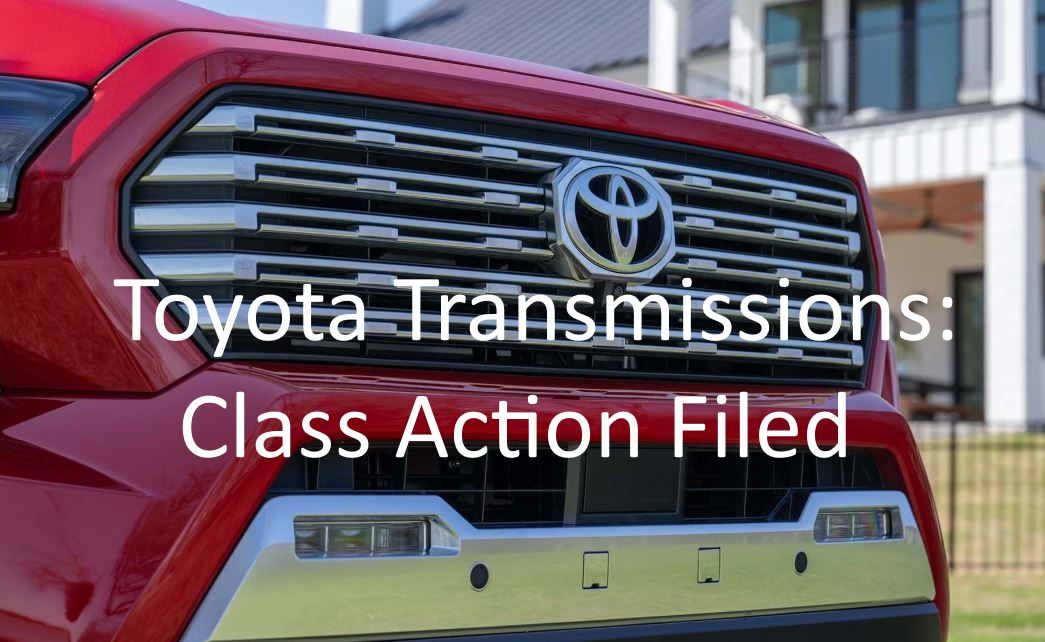TransUnion Data Breach: What You Need to Know Featured

Millions are impacted by the TransUnion data breach; find out what information was exposed and your options for legal and financial protection.
On July 28, 2025, credit reporting agency TransUnion suffered a serious data breach that exposed the personal information of over 4.4 million individuals. The incident was discovered two days later and publicly disclosed on August 27, 2025. Written notices are now being sent to those affected.
While TransUnion has stressed that no credit reports or “core credit data” were compromised, the breach still raises significant concerns due to the type of personal information involved.
What Happened?
The breach was traced to unauthorized access of a third-party application used in TransUnion’s U.S. consumer support operations. This application contained sensitive records tied to millions of consumers.
According to reports filed with state attorneys general, the exposed data may include:
- Names
- Social Security numbers
- Dates of birth
- Driver’s license or government ID numbers
- Financial account details
- Medical and health insurance information
This type of information is highly valuable to cybercriminals and can be used to commit identity theft, open fraudulent accounts, or make unauthorized purchases.
What us TransUnion Doing to Protect My Identity?
TransUnion has stated it is working to secure its systems and reduce the risk of future incidents. As part of its response, the company is offering:
- 24 months of free credit monitoring services for affected individuals. These services notify consumers of changes to their credit files, helping them spot suspicious activity.
- Fraud assistance through Cyberscout, a company specializing in identity theft remediation and fraud support. This resource is designed to help victims resolve potential fraud problems.
If you received a breach notification from TransUnion, it’s important to act quickly to safeguard your personal and financial information. Recommended steps include:
- Monitor your credit reports regularly for suspicious accounts or inquiries.
- Place a fraud alert or credit freeze with the major credit bureaus to prevent new accounts from being opened in your name.
- Review bank and credit card statements closely for unauthorized charges.
- Watch for phishing emails or calls that try to trick you into sharing more information.
- Change passwords on key accounts and use strong, unique logins.
- Enable two-factor authentication wherever possible for added security.
Protect You Identity – Know Your Rights
Beyond monitoring and fraud protection, those affected may have legal rights. Individuals whose data was exposed don’t have to face it alone. A class action lawsuit connects affected individuals with experienced data breach attorneys who can evaluate your case and help you explore your legal options including compensation for:
- Loss of privacy
- Time and effort spent addressing the breach
- Out-of-pocket expenses (credit monitoring, identity theft recovery)
- Emotional distress or inconvenience
Please complete the contact form shown on this page to find out if you qualify to join a class actions and an data breach attorney will contact you. There is not cost to you.









